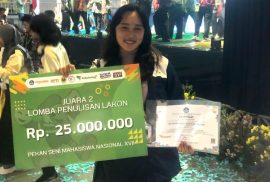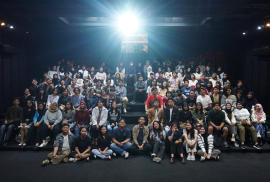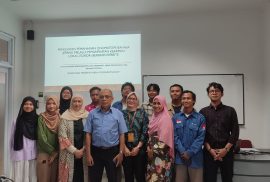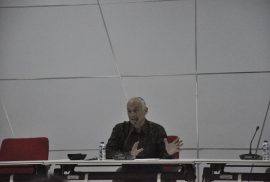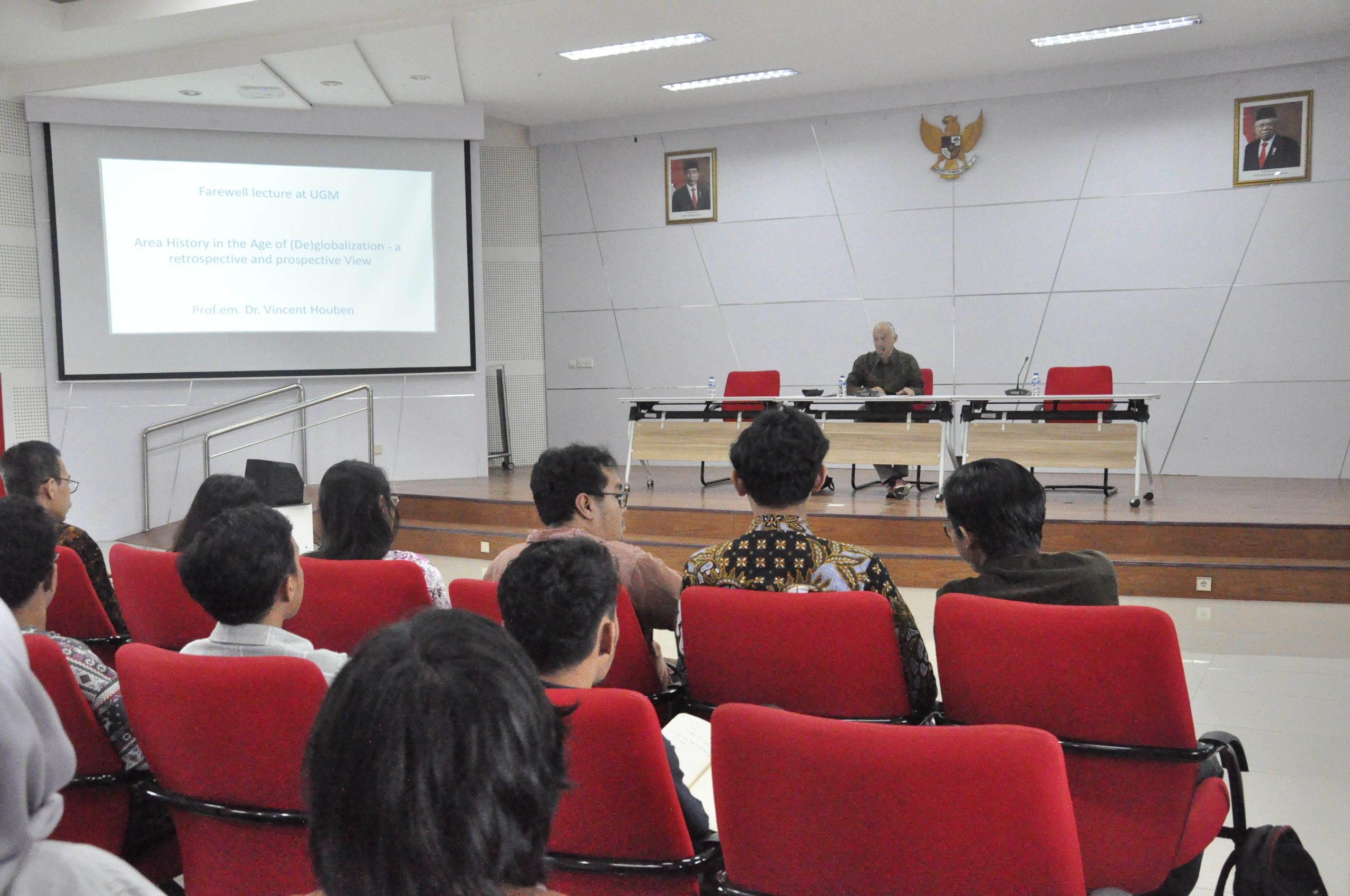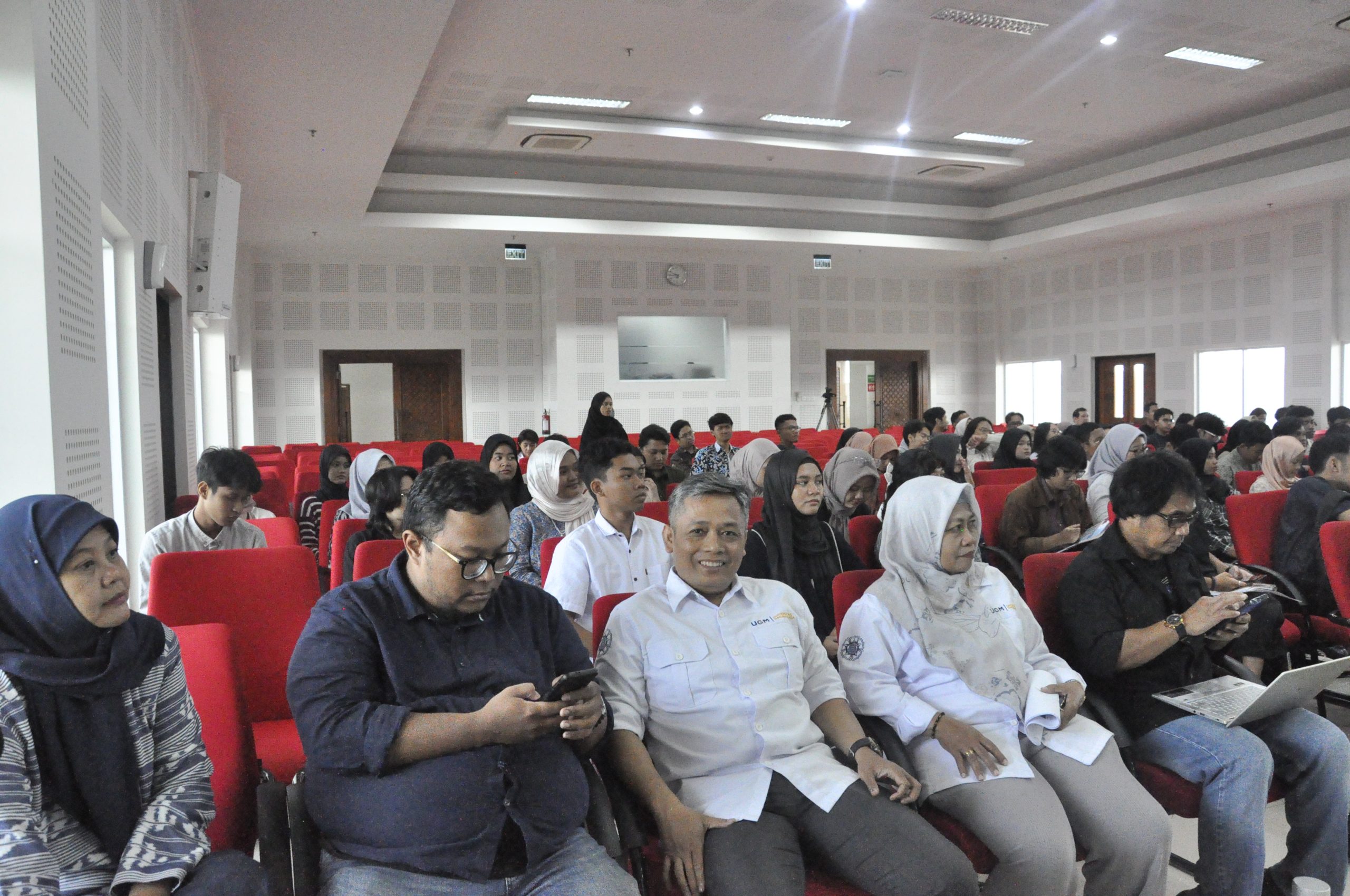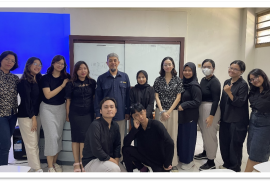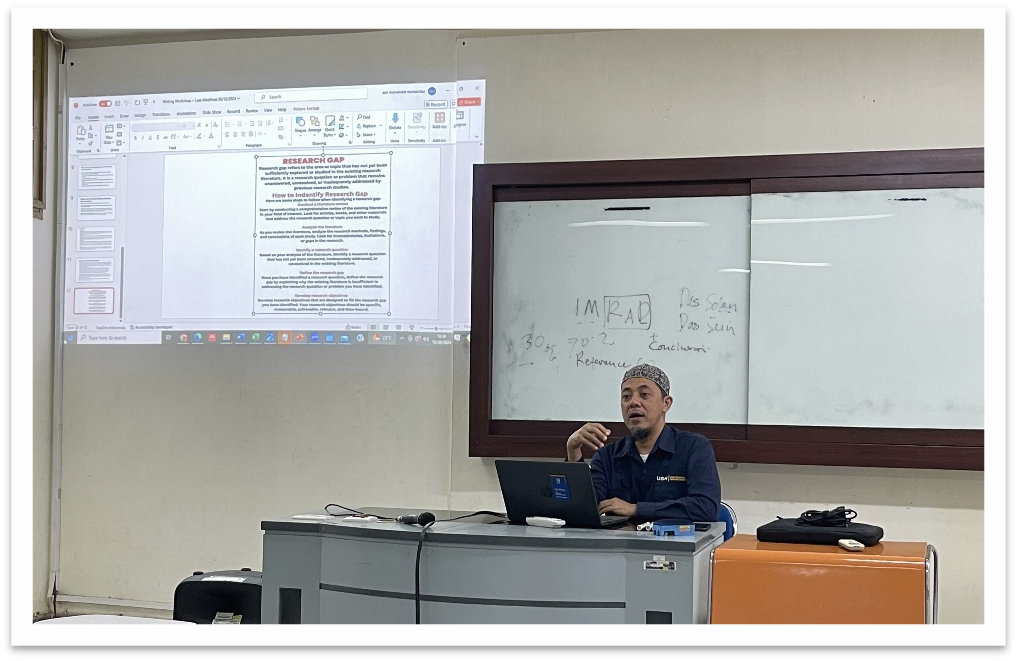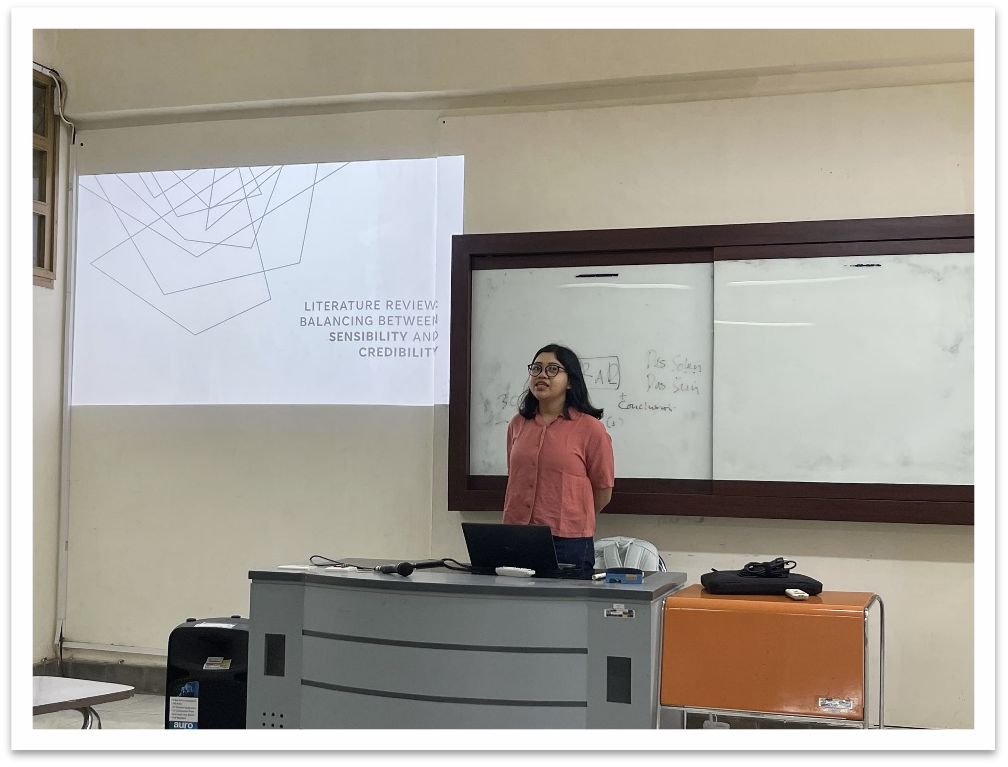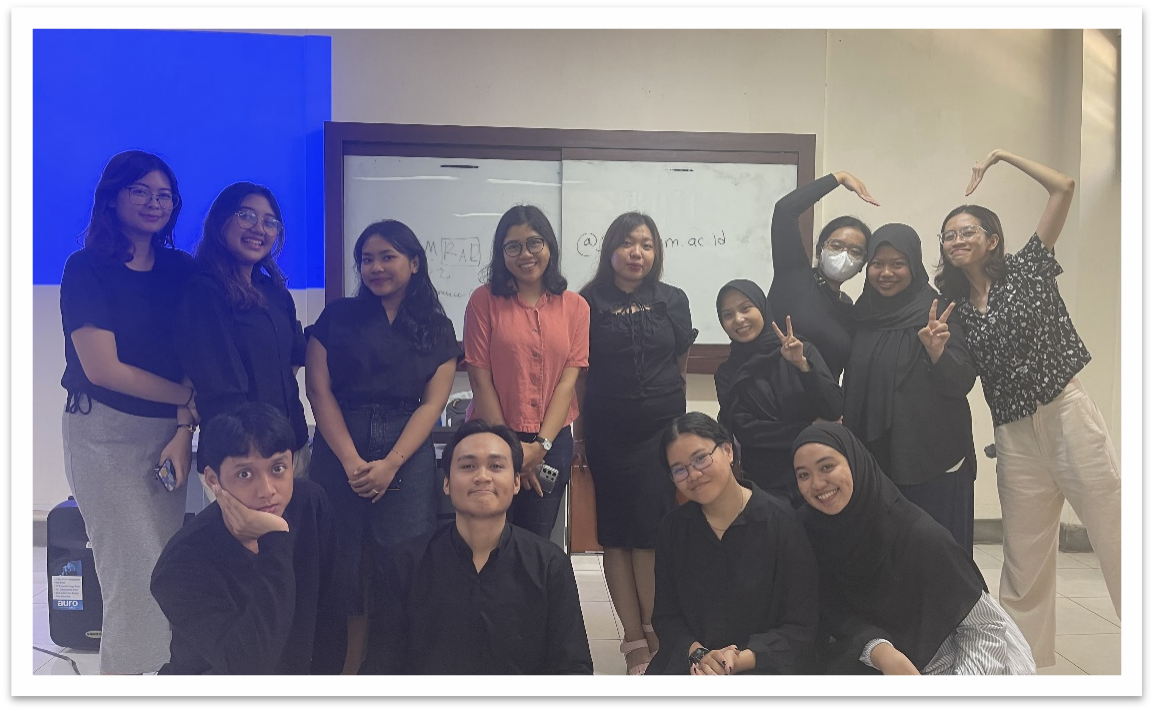Bachelor student of Cultural Anthropology, Faculty of Cultural Sciences, Universitas Gadjah Mada (UGM), Ida Ayu Purnama Novanka Larasati, who is familiarly called Dayu, recently recorded a brilliant achievement in the world of acting. Dayu won 2nd place in the Playwriting Competition at the 2024 National Student Arts Week (PEKSIMINAS) held at Jakarta State University on September 4, 2024. The event lasted for one week, from September 2-7, and was attended by participants from 24 provinces, including West Java, West Sumatra, Maluku, and Kalimantan.
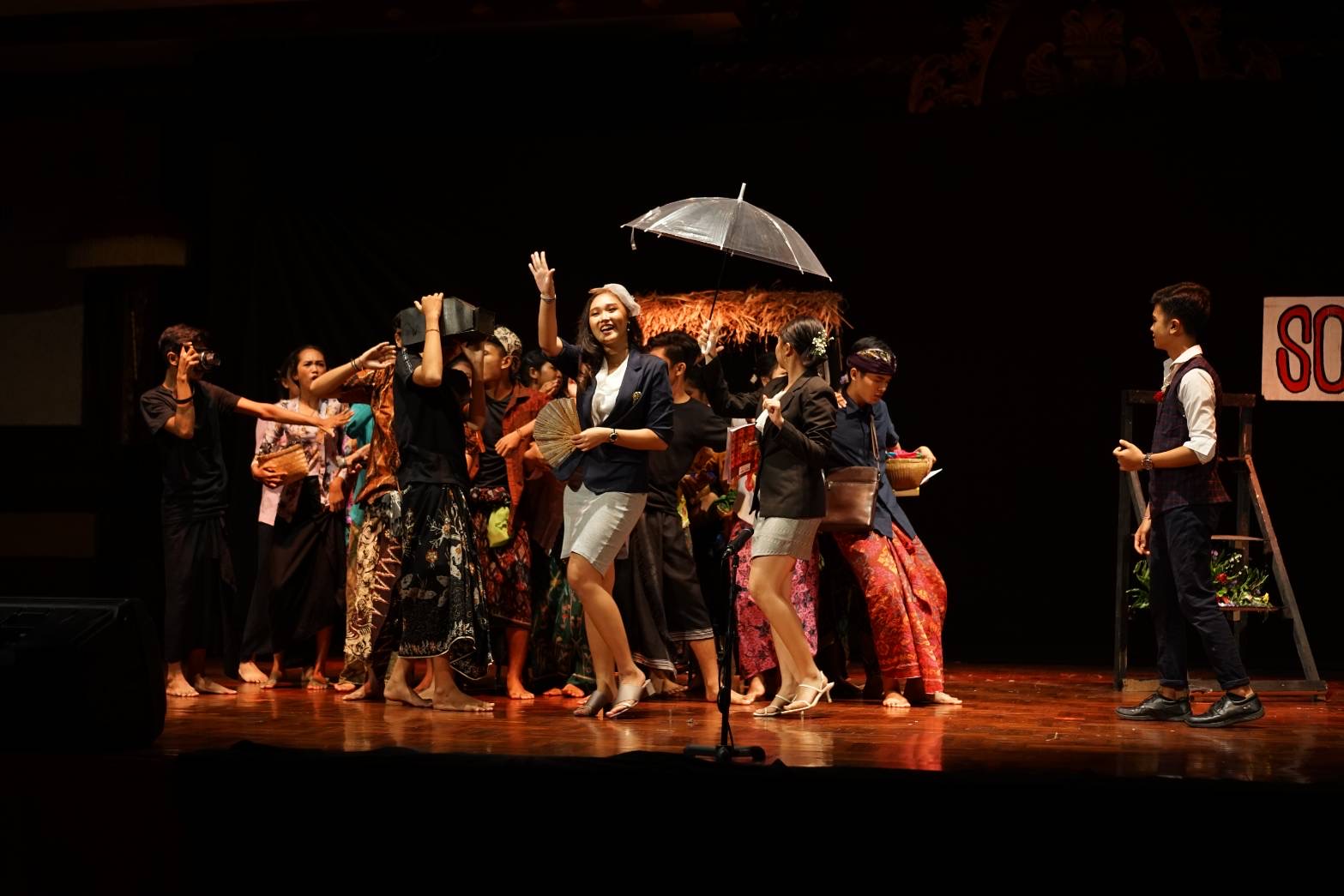
As a student who is active in arts activities, Dayu has been involved in theater since high school grade 1. Currently, she is also active in Teater Gadjah Mada as Coordinator of Human Resource Development, where her duties include developing members’ skills and managing external and internal projects. In her role, she and her team have successfully organized external projects with Pionir UGM 2024 and Gelanggang Expo 2024, as well as participated in events such as “Agustusan with TGM” and PEKSIMIDA DIY 2024.
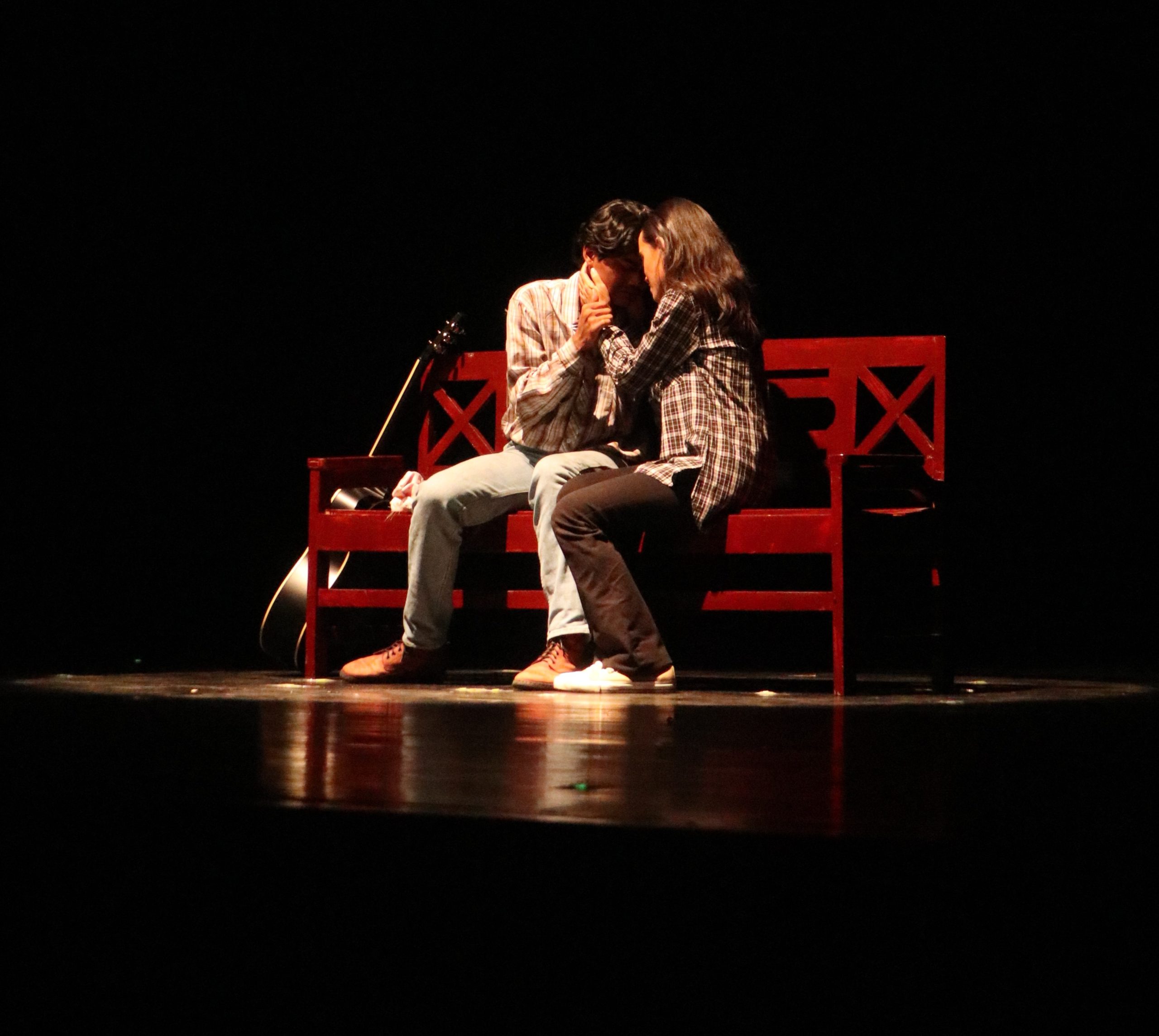
Her extensive experience in theater, from directing, to writing, to backstage, has strengthened her skills in leadership and teamwork, which is evident in the various projects she has managed. Her win at PEKSIMINAS adds to her list of prestigious achievements in the field of literary and acting arts. With this achievement, she became one of the outstanding students of the Faculty of Humanities, Universitas Gadjah Mada.

